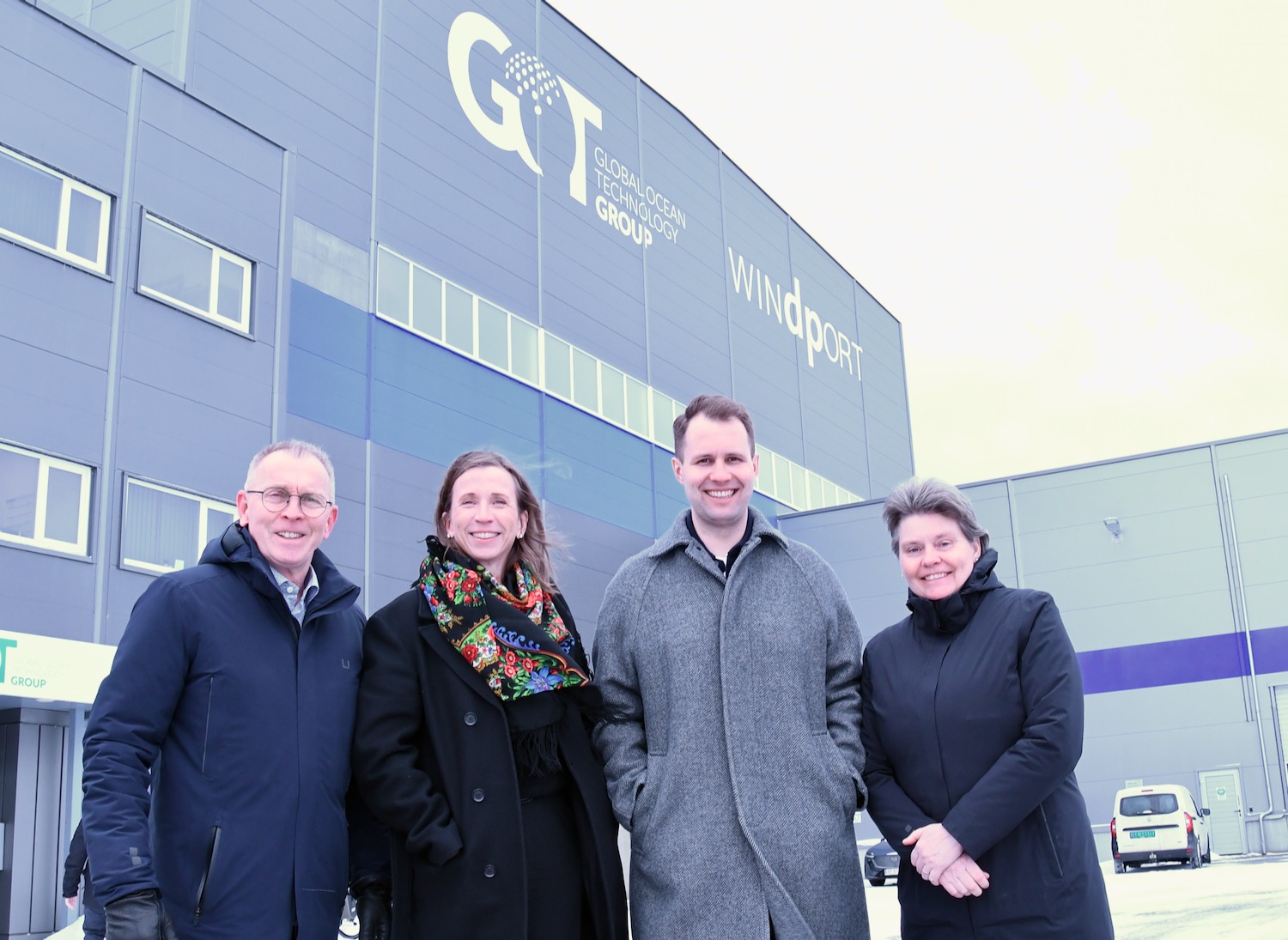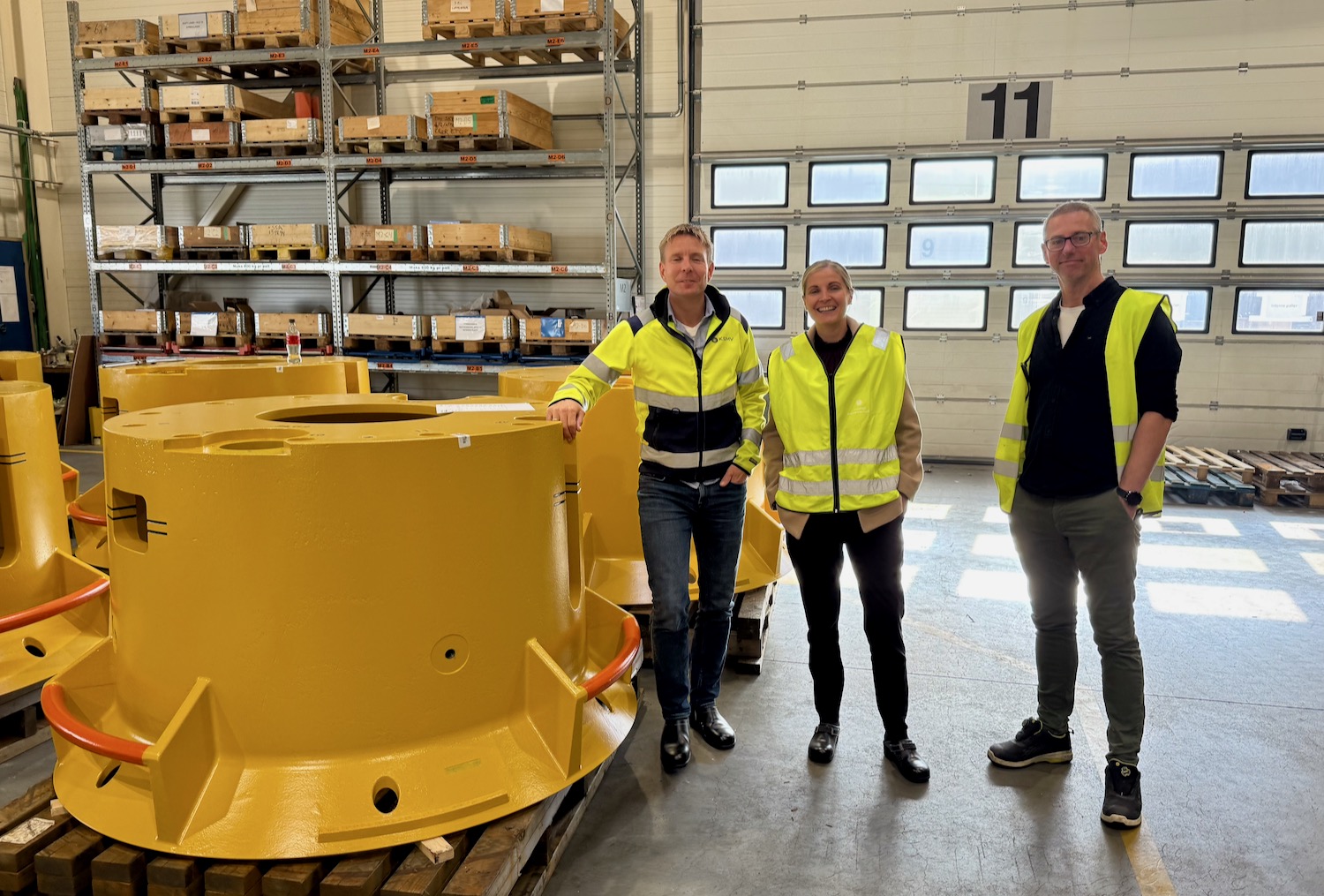The NCS road map states that global warming is one of the greatest challenges of our time. Therefore, sharp cuts in greenhouse gas emissions are essential. Emissions from the petroleum industry must be reduced, and oil and gas must be utilized in the most energy-efficient way possible.
“The Norwegian petroleum sector will contribute to global climate targets. We are already world-leading when it comes to producing oil and gas with the lowest emissions. The road map ensures that we remain a global leader in 2030, 2040 and 2050”, says Karl Eirik Schjøtt-Pedersen, CEO of the Norwegian Oil and Gas Association.
ENGLISH: Complete road map
NORWEGIAN: Petroleumsbransjens veikart
The NCS road map, which has been developed by the Norwegian Oil and Gas Association and the Federation of Norwegian Industries through KonKraft has two main goals:
- Establish ambitions for the industry’s long-term production and value creation on the NCS up to 2030 and 2050
- Establish ambitions for reducing greenhouse gas emissions in the petroleum sector up to 2030 and 2050.
The road map deals first and foremost with the ambitions for reducing greenhouse gas emissions from the petroleum sector, and contains an action plan, which describes the specific steps the industry will take to follow up the established goals. At the same time, the Konkraft partners are following up the ambitions set for production and value creation by initiating a dedicated process in the industry, which will ensure long-term and genuine improvements in the Norwegian oil and gas sector’s competitiveness.
Attention in the road map is concentrated primarily on the value chain from drilling to field cessation, since these are the areas which the companies operating on the NCS have the greatest influence over. The petroleum industry in Norway will nevertheless look at how it can contribute to technology developments, which reduce emissions from end users of oil and gas. Technology and solutions which cut emissions from production, transport and end use of oil and gas can also be exported and contribute to reducing emissions outside Norway.
“Emission of greenhouse gases must be part of all decision-making, and we need to look at how every part of the value chain can contribute”, says Schjøtt-Pedersen.
Anne-Grete Ellingsen, CEO at GCE NODE, applauds the initiative and the ambition.
“We have already developed a tool for determining how our businesses impact the environment. Ecotrack analyzes and documents the environmental impact of products and services developed, produced and utilized by the global energy and maritime industries. This is a newly developed tool that could fit well into the road map”, says Ellingsen.
“To succeed, we need oil companies to agree on how environmental costs should be reported, and to cooperate with suppliers to create eco-friendlier solutions that are both better for the environment and better for business”, says Ellingsen.



